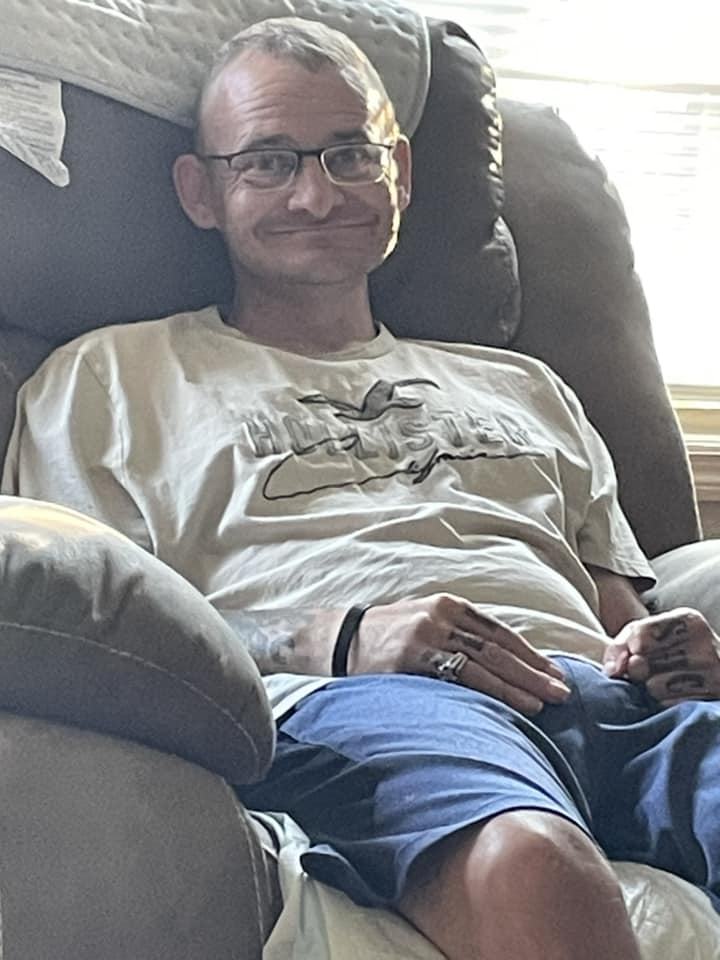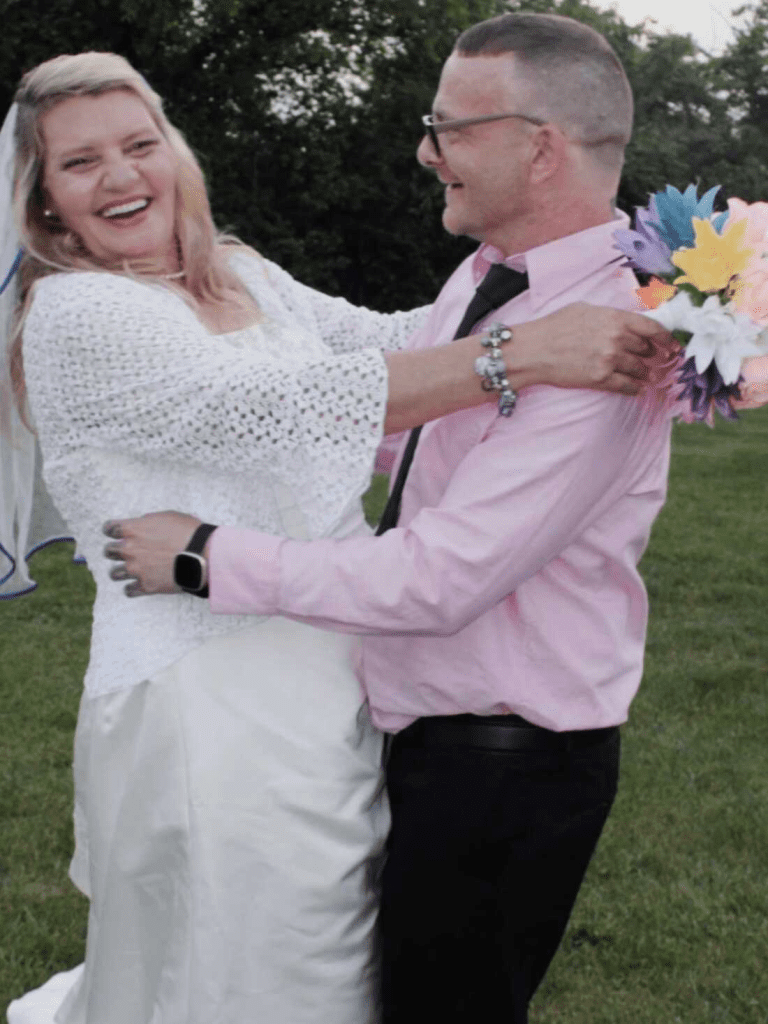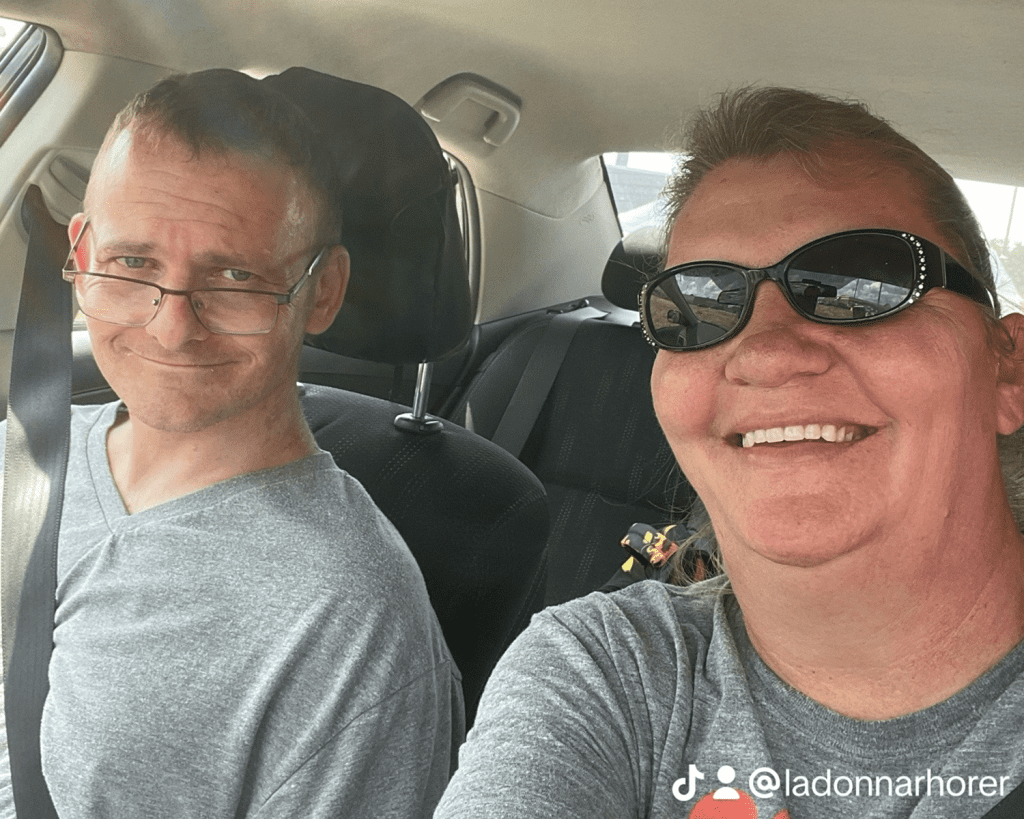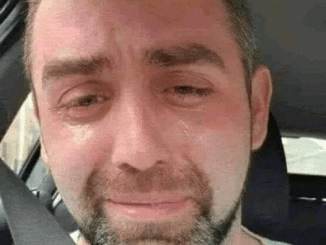A bizarre and horrifying incident recently unfolded in Kentucky, where a man who was declared brain dead allegedly woke up moments before his organs were set to be harvested. The story of Thomas T.J. Hoover has not only shocked the medical community but also ignited a broader conversation about the ethical implications of organ donation procedures. As investigations continue, the incident raises serious questions about the safety measures and protocols in place to protect potential donors.

The Incident: A Surreal Twist of Fate
Thomas T.J. Hoover, a 36-year-old Kentucky man, was admitted to Baptist Health Richmond Hospital in October 2021 following a drug overdose. Doctors initially determined that he was brain dead, leading to preparations for organ harvesting. However, as surgeons began the procedure, something unexpected happened: Hoover began to show signs of life.
- Initial Signs of Life: According to reports, during an early test to evaluate Hoover’s heart for transplantation, he unexpectedly became responsive. Witnesses claimed he began “thrashing around” on the operating table, a clear sign of physical reaction that suggested he was not completely unconscious.
- Escalation on the Operating Table: As the surgical team prepared to proceed with organ removal, Hoover’s movements became more pronounced. Natasha Miller, a former employee of the Kentucky Organ Donor Affiliates (KODA), described the moment as “alarming,” with Hoover not only moving but also visibly crying.
- Family Concerns: Meanwhile, Hoover’s sister, Donna Rhorer, noticed her brother opening his eyes as he was being wheeled from the ICU to the operating room. While medical staff assured her that it was a reflex and not an indication of consciousness, Rhorer felt it was a sign that her brother was still present and fighting to communicate.
The Immediate Aftermath: An Operation Canceled in Chaos
The attempted organ harvest was ultimately called off once it became evident that Hoover was showing signs of life. However, the situation was far from straightforward, as former KODA employees have claimed that there was initial pressure to proceed with the operation despite Hoover’s unexpected responsiveness.
- The Whistleblower’s Account: Nyckoletta Martin, a former KODA employee, recalled the chaos in the operating room as staff grappled with the situation. Martin claimed that a supervisor initially pushed for the procedure to continue, reportedly instructing the team to “find another doctor” to proceed with the organ removal.
- A Chaotic Scene: According to Natasha Miller, the operating room was in disarray as emotions ran high among the staff. “Everyone was just very upset,” she recalled, emphasizing the surreal nature of the ordeal.
- Resignations and Fallout: Several KODA employees, including Martin and Miller, resigned in the aftermath of the incident, citing ethical concerns. The decision to halt the organ harvest came as a relief, but the events had already left a lasting impact on those involved.
Hoover’s Miraculous Recovery: A Second Chance at Life
After the canceled procedure, Hoover’s condition began to improve, and he has since made a remarkable recovery, though not without challenges. He continues to experience difficulties with memory, walking, and speaking, but he is alive—an outcome that seemed impossible when he was initially declared brain dead.
- Living with His Sister: Hoover now lives with his sister, Donna Rhorer, who has been his primary caregiver during his recovery. While his progress has been slow, the fact that he survived such a harrowing experience has been nothing short of miraculous.
- Emotional Repercussions: For Hoover and his family, the emotional aftermath has been intense. The incident not only put his life in jeopardy but also shook their faith in the medical system, sparking concerns about the protocols in place to ensure accurate brain death diagnoses.
🚨 Shocking Medical Revelation in Kentucky!
— X Analyst (@topic_flow) October 18, 2024
A man declared dead and on the brink of organ donation at a Kentucky hospital was found to be very much alive, just moments before his organs were to be harvested. 🏥✋
– The Incident: TJ Hoover II, after a drug overdose, was… pic.twitter.com/hPm6iY6lEG
Ethical Implications: Organ Donation Protocols Under Scrutiny
The case has sparked outrage and prompted serious investigations into the ethical standards and safety protocols of organ donation in Kentucky and beyond.
- KODA’s Defense: The Kentucky Organ Donor Affiliates organization has denied any wrongdoing. According to KODA officials, at no point did any member instruct doctors to proceed with an organ harvesting procedure on a living patient. They maintain that the protocols followed were in accordance with medical standards.
- Ongoing Investigations: Kentucky’s Attorney General, along with the federal Health Resources and Services Administration, has launched a review of the incident. The investigations aim to determine whether proper procedures were followed and what measures can be implemented to prevent such incidents in the future.
Whistleblowers Speak Out: Concerns Over Donor Protections
Two former KODA employees, Martin and Miller, have since become whistleblowers, raising concerns about the safety measures—or lack thereof—in organ procurement practices. Martin has taken her concerns to the House Energy and Commerce Committee, calling for stricter regulations to protect potential organ donors.

- Lack of Donor Protections: In her letter to the committee, Martin emphasized the urgent need for better safety checks and verification processes before organ harvesting procedures are initiated. “It’s very scary to me now that these things are allowed to happen and there’s not more in place to protect donors,” she said.
- The Need for Change: Martin’s call for action echoes the fears of many—how can the medical system ensure that mistakes like this never happen again? She believes that a more rigorous system of checks and balances is essential, including mandatory second opinions and additional brain activity tests before declaring someone brain dead.
The Broader Conversation: Trust in the Medical System
The incident involving Thomas T.J. Hoover has reignited a larger conversation about trust in the medical system, particularly in the context of organ donation. The event has raised awareness about potential flaws in determining brain death, highlighting the need for improved diagnostic techniques.
- The Public’s Response: The story has captured public attention, with many expressing shock, fear, and skepticism about organ donation protocols. While organ donation remains a life-saving act for countless people, cases like Hoover’s remind us of the importance of meticulous safeguards.
- Advocating for Transparency: Many now call for greater transparency in the organ donation process. Ensuring that families are fully informed and that patients’ rights are prioritized can help restore trust in the medical system.

Conclusion: A Story that Calls for Reform
The case of Thomas T.J. Hoover is a chilling reminder of the complexities and ethical dilemmas within organ donation. While Hoover’s survival can be seen as a miracle, the circumstances leading up to the incident underscore a critical need for reform in medical protocols. Ensuring the accuracy of brain death diagnoses and protecting donor rights must be at the forefront of healthcare practices. For Hoover and others like him, the story serves as a powerful testament to the importance of vigilance, transparency, and unwavering ethical standards in the medical field.


